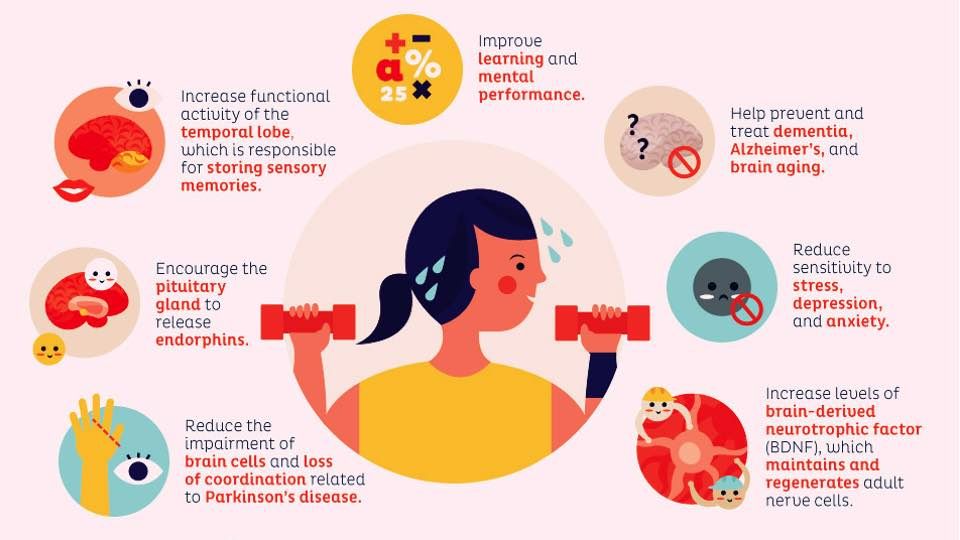
Exercise has long been praised for its numerous health benefits, from improving cardiovascular health to aiding in weight management. However, recent studies have also highlighted the significant impact exercise can have on cognitive function and brain health. This article will explore the relationship between exercise and the brain, shedding light on the positive effects of exercise on cognitive abilities and overall brain health.
Exercise and Neuroplasticity
Neuroplasticity refers to the brain’s ability to reorganize and adapt its neural connections in response to learning, experience, and environmental changes. Exercise has been shown to promote neuroplasticity, with studies indicating that regular physical activity can increase brain-derived neurotrophic factor (BDNF) levels. BDNF is a protein that plays a key role in promoting the growth and survival of neurons, as well as enhancing synaptic plasticity.
Enhanced Memory and Learning
Regular exercise has been linked to improvements in memory and learning abilities. Engaging in aerobic exercises such as running, swimming, or cycling can increase the production of new neurons in the hippocampus, a region of the brain crucial for memory and learning. Additionally, exercise stimulates the release of neurotransmitters, such as dopamine and serotonin, which are essential for mood regulation and cognitive processes.
Mood and Mental Well-being
Exercise not only impacts cognitive function but also has a significant influence on mood and mental well-being. Physical activity triggers the release of endorphins, often referred to as “feel-good” hormones, which can have a positive effect on reducing stress, anxiety, and depression. Regular exercise is also associated with improved sleep patterns, which further contributes to enhanced cognitive function and overall brain health.
Neuroprotection and Aging
As we age, our brain undergoes natural changes that can impair cognitive function. However, engaging in regular physical exercise has been found to have neuroprotective effects. Exercise promotes the growth of new blood vessels in the brain, improving blood flow and oxygenation. This enhanced blood flow is crucial for delivering essential nutrients and removing waste products, reducing the risk of age-related cognitive decline and neurodegenerative disorders such as Alzheimer’s disease.
Types of Exercise for Cognitive Function
Various types of exercise can positively impact cognitive function and brain health. Aerobic exercises, such as brisk walking, jogging, dancing, or aerobic classes, have been particularly linked to improved memory, attention, and executive functions. Strength training exercises, such as weightlifting or resistance training, have also shown promising results in enhancing cognitive abilities. Additionally, activities that require coordination and balance, such as yoga or tai chi, can enhance both physical and cognitive capacities.
Conclusion
The evidence is clear – exercise not only benefits our physical health but also plays a significant role in preserving cognitive function and promoting brain health. Regular physical activity promotes neuroplasticity, enhances memory and learning, improves mood, and protects against age-related cognitive decline. As our understanding of the brain continues to evolve, it becomes increasingly evident that exercise is a powerful tool for optimizing cognitive function and maintaining a healthy brain throughout our lives.

